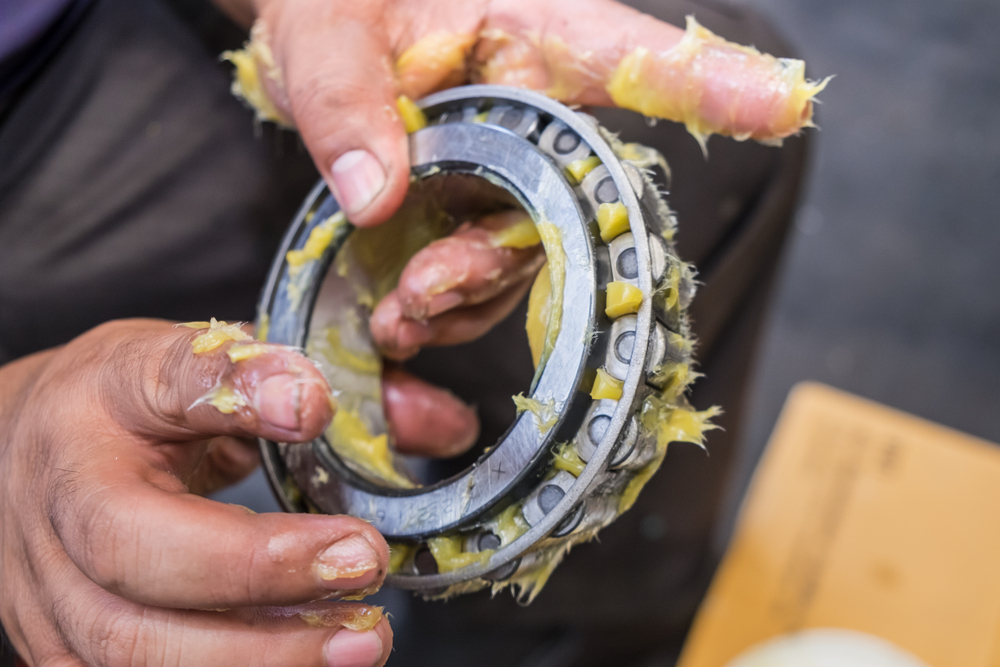Industrial pumps are a critical part of many operations, and when an industrial pump repair isn’t feasible you may need to buy a new one. New industrial pumps are expensive, and because of this it is very important that you get all of the necessary information so that you select the pump that is right for your operation. Here are 7 questions that anyone in the market for a new industrial pump should ask themselves.

The size of the pump that is being replaced is an excellent place to start when selecting a new industrial pump. Was it adequate? Or was it straining to keep up with the incoming flow? Did it maintain the speed and pressure necessary to get the fluid where it needed to go? How long was this pump in operation? What kind of service issues did you have with it? Looking at the weaknesses of the pump to be replaced is helpful when selecting the right features and functionality for your new pump.
The most important factor to look at when selecting an industrial pump is the fluid that is being pumped. A pump that simply pumps water will be very different than one that pumps hot oil. The viscosity of the fluid and whether or not there are solid elements in it (i.e. wastewater pumps) are also important to consider when selecting a pump.
Some fluids are somewhat caustic in nature and may break down the components of the pump if you do not select a pump specifically designed to handle that substance. Other fluids, such as food products like butter or cream for example, get more viscous if they are agitated. Still others such as paint or adhesives are very viscous when still, but have less viscosity if they are constantly agitated.
Pumps that are operating continuously need to be built of stronger stuff than those that run occasionally. It is also important to make sure that you don’t “starve” a pump by putting it in situations where it is running but doesn’t have any fluids to pump. This will burn up your pump’s electric motor very quickly.
Most pumps measure the amount of fluid–or flow–in cubic meters per hour or gallons per minute. The amount of fluid being pumped is a major factor because it determines how big–as in how much physical space the pump needs– it needs to be.
Great care must be taken when the substance being pumped is at a high temperature. If this liquid is close to its boiling point, even a slight increase in the temperature or pressure may cause it to transform into a gas. This is known as cavitation and it can damage the pump quickly if it isn’t addressed.
A pump operating on a climate-controlled factory floor will have different needs than pumps that operate in extreme conditions such as freezing temperatures or extreme heat. Some environments may contain a lot of dust or even explosive gases that must be accounted for when selecting the right pump.
If the pump simply cannot be out of service for any reason–i.e. cannot be taken offline for repairs–then reliability is the most important factor in the decision as to what pump would work best. This is where a heavy-duty industrial pump might be the best option.
These are just some of the questions that need to be answered before purchasing a new industrial pump.
Tekwell Services repairs and services most types of industrial pumps for a wide variety of industries including water/wastewater, oil, chemical, as well as the food and beverage industry (just to name a few). For more information about the industrial pump repair services we offer, give us a call (toll-free) at 1-888-984-4668 or fill out our quick solution form today.